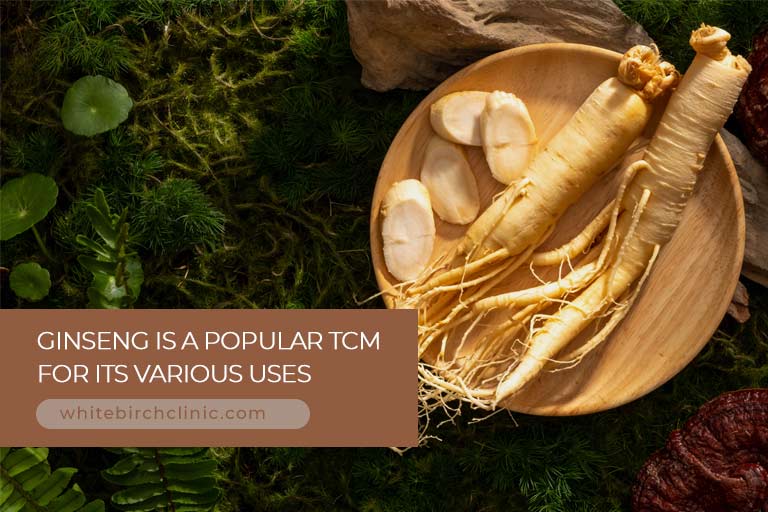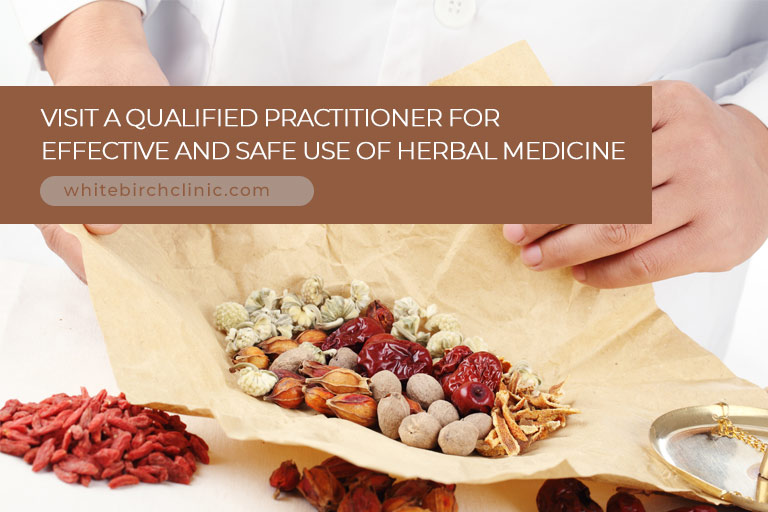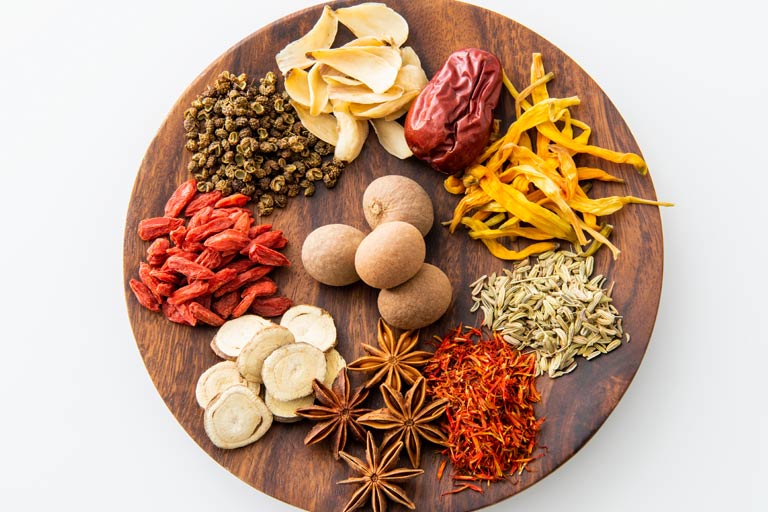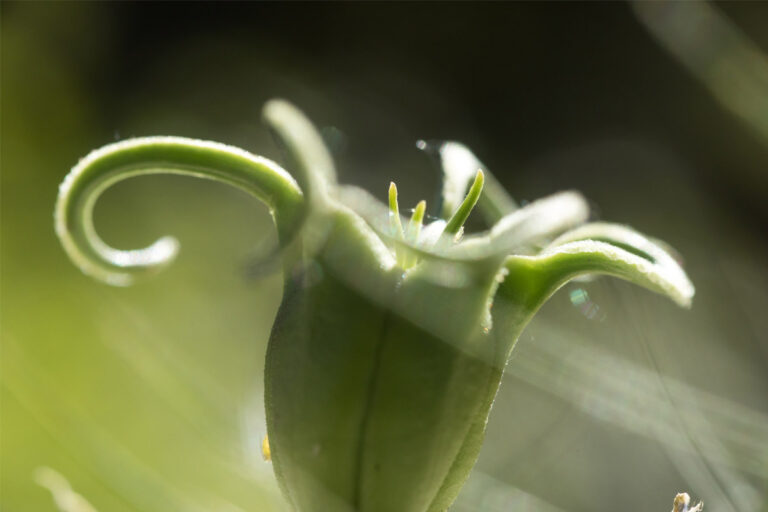A Guide to Traditional Chinese Medicine and Herbs in Oakville
Traditional Chinese Medicine (TCM), a time-honoured system of healing with origins dating back over 3,000 years, is experiencing a resurgence in popularity across the globe. Rooted in the principles of balance and harmony, TCM takes a holistic approach, acknowledging the intricate relationship between the body, mind, and spirit.
Herbal remedies occupy a central role in TCM, offering natural solutions to address a wide array of health concerns. In Oakville, a growing number of individuals are embracing TCM herbs as a complementary approach to optimize their health and vitality. This guide will equip you with the knowledge to grasp fundamental TCM concepts and explore how herbal remedies can be seamlessly integrated into your lifestyle for a healthier, more balanced life.
Fundamentals of TCM
- Yin and Yang: Central to TCM is the concept of yin and yang, representing opposing yet interconnected forces in the universe. These forces are believed to permeate all aspects of existence, including the human body. Achieving and maintaining balance between yin and yang is paramount for optimal health and well-being.
- Qi (Vital Energy): Qi, the vital life force energy, flows through the body along specific pathways known as meridians. Imbalances or disruptions in the flow of qi can manifest as various health issues. TCM treatments, including herbal remedies, aim to restore the smooth and harmonious circulation of qi.
- Five Elements: TCM associates five elements — wood, fire, earth, metal, and water — with different organs, emotions, and natural phenomena. These elements interact in a dynamic cycle, and imbalances in their relationships can affect physical and emotional health. Herbal remedies are carefully selected based on their elemental properties to address specific imbalances.
- Patterns of Disharmony: TCM practitioners diagnose health conditions by identifying patterns of disharmony within the body. These patterns encompass a range of factors, including symptoms, tongue appearance, pulse characteristics, and lifestyle habits. Herbal formulations are then tailored to address the unique pattern of disharmony presented by each individual.
- Individualized Treatment: TCM places a strong emphasis on personalized treatment plans. Herbal remedies are not a one-size-fits-all solution. Practitioners meticulously consider individual constitutions, health histories, and specific needs when recommending herbs, ensuring a targeted and effective approach to healing.
Common TCM Herbs and Their Uses

- Ginseng (Ren Shen): Often referred to as the “king of herbs,” ginseng is a powerhouse adaptogen known for its ability to enhance vitality and resilience to stress. It is used to boost energy levels, improve cognitive function, and strengthen the immune system. Ginseng comes in various types, with Korean ginseng (Panax ginseng) often associated with stimulating effects and American ginseng (Panax quinquefolius) prized for its cooling properties.
- Astragalus (Huang Qi): This root is a cornerstone of TCM for its immune-modulating and tonifying effects. It’s often prescribed to bolster the body’s defenses against colds, flu, and other infections. Astragalus is also believed to support cardiovascular health and promote longevity.
- Goji Berry (Gou Qi Zi): These vibrant red berries, also known as wolfberries, are a nutritional powerhouse packed with antioxidants, vitamins, and minerals. In TCM, they are used to nourish the liver and kidneys, improve eyesight, boost energy levels, and support healthy aging.
- Ginger (Sheng Jiang): A versatile and warming herb, ginger is a staple in many kitchens and traditional medicine practices. It’s renowned for its ability to alleviate nausea, aid digestion, and soothe various types of pain. Ginger is also used to warm the body, improve circulation, and address symptoms of colds and flu.
- Reishi Mushroom (Ling Zhi): This medicinal mushroom is a treasured tonic in TCM, often referred to as the “mushroom of immortality.” It is known for its calming and stress-reducing properties, making it a valuable herb for promoting relaxation, improving sleep quality, and managing anxiety. Reishi is also believed to have immune-modulating effects and may help support liver health.
- Cinnamon (Rou Gui): Beyond its culinary uses, cinnamon is a warming spice with diverse applications in TCM. It’s used to improve circulation, warm the interior of the body, and address digestive issues like bloating and abdominal pain. Cinnamon is also recognized for its potential to regulate blood sugar levels.
- Licorice Root (Gan Cao): This sweet-tasting herb is often used to harmonize herbal formulas and reduce the harshness of other ingredients. It possesses soothing properties, making it a valuable remedy for coughs, sore throats, and digestive complaints. Licorice root is also known for its anti-inflammatory and immune-modulating effects.
- Turmeric (Jiang Huang): This golden spice is a potent anti-inflammatory agent valued in both TCM and Ayurvedic medicine. It’s commonly used to alleviate pain, reduce inflammation, and support joint health. Turmeric is also believed to have beneficial effects on liver function and digestive health.
Using TCM Herbs Safely and Effectively

- Seek Guidance from a Qualified Practitioner: Before incorporating any TCM herbs into your routine, it is imperative to consult with a qualified TCM practitioner. They possess the expertise to assess your individual needs, diagnose any underlying conditions, and recommend herbal remedies that align with your unique health profile.
- Prioritize Quality: Opt for high-quality herbs sourced from reputable suppliers to ensure their safety and efficacy. Look for herbs that are cultivated organically and processed according to traditional methods, preserving their inherent potency and purity.
- Adhere to Dosage Guidelines: Follow the recommended dosage and instructions provided by your TCM practitioner meticulously. Taking excessive or insufficient amounts of an herb can compromise its effectiveness or lead to unwanted side effects.
- Embrace Patience: Herbal remedies often operate gradually, and it may take time to observe noticeable changes. Maintain patience and consistency with your herbal regimen, allowing the herbs to work their magic in a gentle yet profound manner.
- Report Any Adverse Reactions: Should you encounter any adverse reactions while using TCM herbs, discontinue use immediately and promptly inform your TCM practitioner. Their guidance will ensure your safety and well-being throughout your herbal journey.
Traditional Chinese Medicine offers a treasure trove of ancient wisdom and natural remedies for achieving holistic health and well-being. By delving into the foundational principles of TCM and exploring the potential of herbs, you can embark on a transformative path toward a more balanced, vibrant, and fulfilling life.
To learn more about TCM and how it can benefit you, we invite you to reach out to White Birch Clinic at (289) 837-2026 for a personalized consultation. Our experienced practitioners will guide you on your journey to optimal health, empowering you with the knowledge and tools to harness the healing power of nature.







